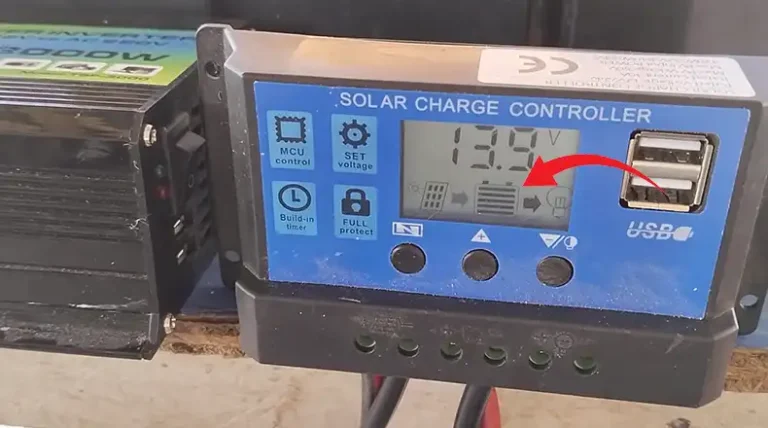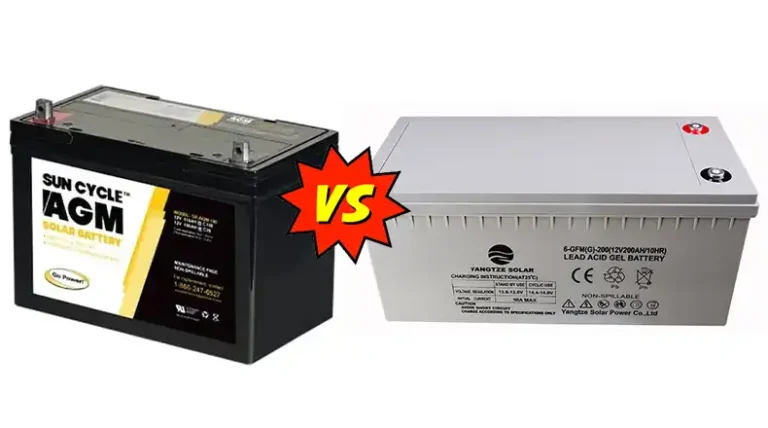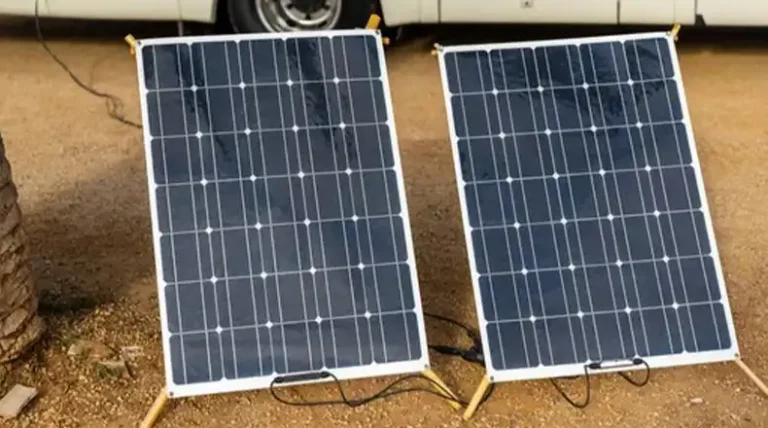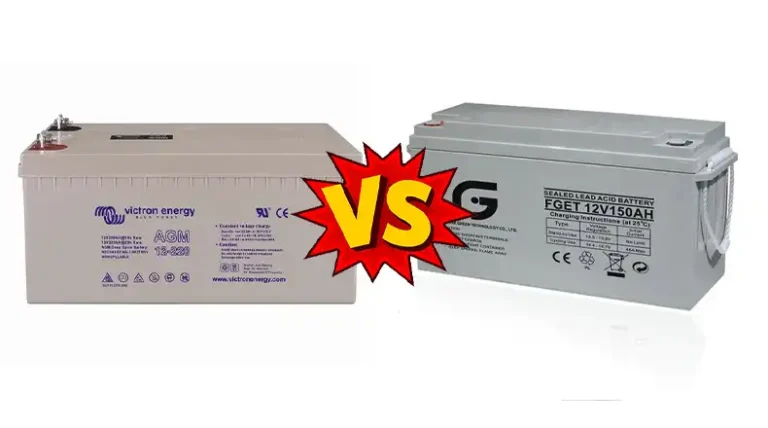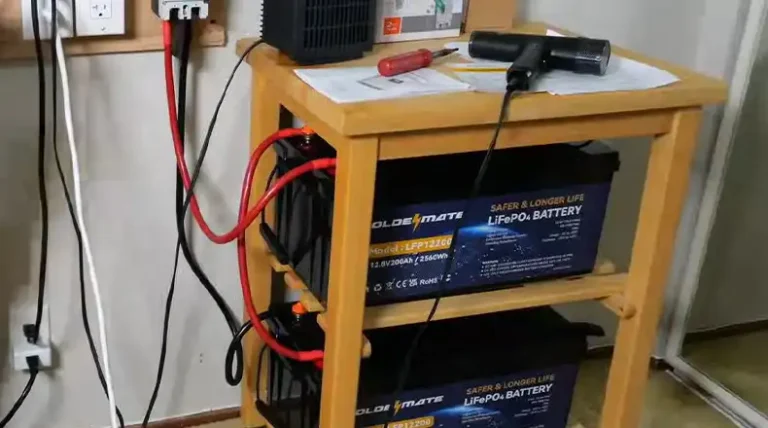Do LiFePO4 Batteries Need to Be Vented? Proper Explanation
When it comes to storing batteries safely, ventilation is the factor that you must consider. You may already know about ventilation and have vented many other batteries.
As LiFePO4 batteries aren’t the same as other traditional batteries, you may wonder whether LiFePO4 batteries need to be vented or not. The accurate answer to this question is –
No, LiFePo4 batteries do not need to be vented as they do not produce any toxic gases.
In this article, we’ll explore why ventilation is required and whether you should ventilate LiFePO4 Batteries or not. Let’s get started below!
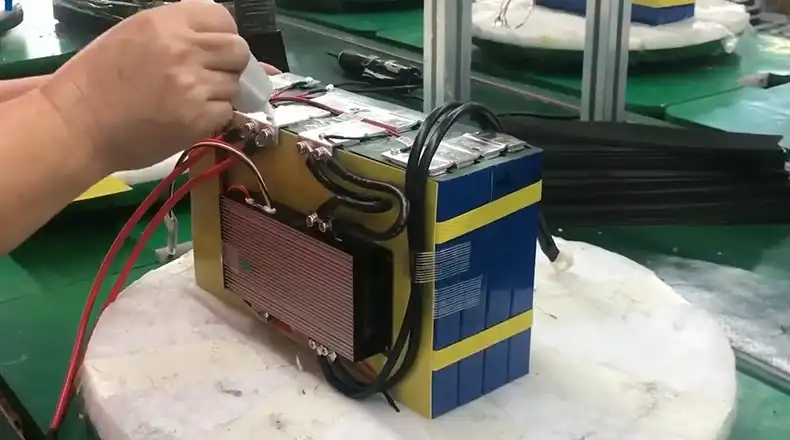
Why Do Batteries Need to be Vented?
You may be already familiar with the battery ventilation process. It is a process that ensures the proper airflow for a battery.
Traditional lead-acid batteries release toxic and dangerous gases like hydrogen. Hydrogen gas is very corrosive, unhealthy, and explosive. Again, while these batteries are overcharged, they release hydrogen sulfide (H2S) gas which is also very poisonous and flammable.
If these batteries aren’t vented properly, there is a high chance that toxic gasses will build up and create a dangerous explosion. That’s why proper venting for these batteries is necessary.
But does this term also apply to LiFePO4 batteries? Let’s learn below!
Safety Features of LiFePO4 Battery
By learning about the safety features of LiFePO4 batteries, you’ll understand whether they are required venting or not. Here are some of the key safety features:
1. Stable Chemistry
LiFePO4 batteries are well known for their stable chemical structure. This feature is considered one of the safest options for energy storage. It enhances the stability and reduces the thermal runway compared to the chemistry of other lithium-ion batteries.
2. Battery Management System (BMS)
LiFePO4 batteries come with a programmable Battery Management System (BMS). The BMS monitor shows the voltage, current, and temperature of the battery. From this, you can easily understand the current condition of the battery.
3. Thermal Management System (TMS)
LiFePO4 batteries also include thermal management systems that use sensors to monitor and regulate the temperature of the battery. It can automatically activate cooling or heating mechanisms when necessary.
4. Solid Electrolyte
LiFePO4 batteries use a solid electrolyte to provide overall safety and durability. For this, the chances of electrolyte leakage and the associated hazards are less than traditional ones.
Do LiFePO4 Batteries Need to Be Vented?
LiFePO4 batteries aren’t the same as traditional batteries in terms of their chemistry and gas production. This is a type of lithium-ion battery that does not produce any toxic gases.
Again, LiFePO4 batteries include various automated and advanced safety features that minimize the maintenance of these batteries. As there is no risk of gas buildup and thermal runaway of these batteries, they do not need to be vented.
Frequently Asked Questions (FAQs)
Do Lithium Batteries Need to be Vented?
No, Lithium batteries do not need to be vented if installed correctly. However, it is always better to check their specifications in the manual book.
Are LiFePO4 Batteries Safe Indoors?
Yes, LiFePO4 batteries are completely safe to use in sheds, garages, or inside your home. It’s because they do not release any toxic or explosive gas to the surrounding environment.
Conclusion
As LiFePO4 batteries contain stable chemistry and advanced safety features, they do not produce any harmful gases. For this, these batteries do not need to be vented. Hopefully, you have got your answer from this article. If you have any confusion regarding this topic, feel free to ask in our comment section below. Thanks for reading!

![[Answered] How Many Solar Panel Required To Charge 300ah Battery?](https://www.itekenergy.com/wp-content/uploads/2023/08/solar-panel-required-to-charge-300ah-battery-768x428.jpg)
